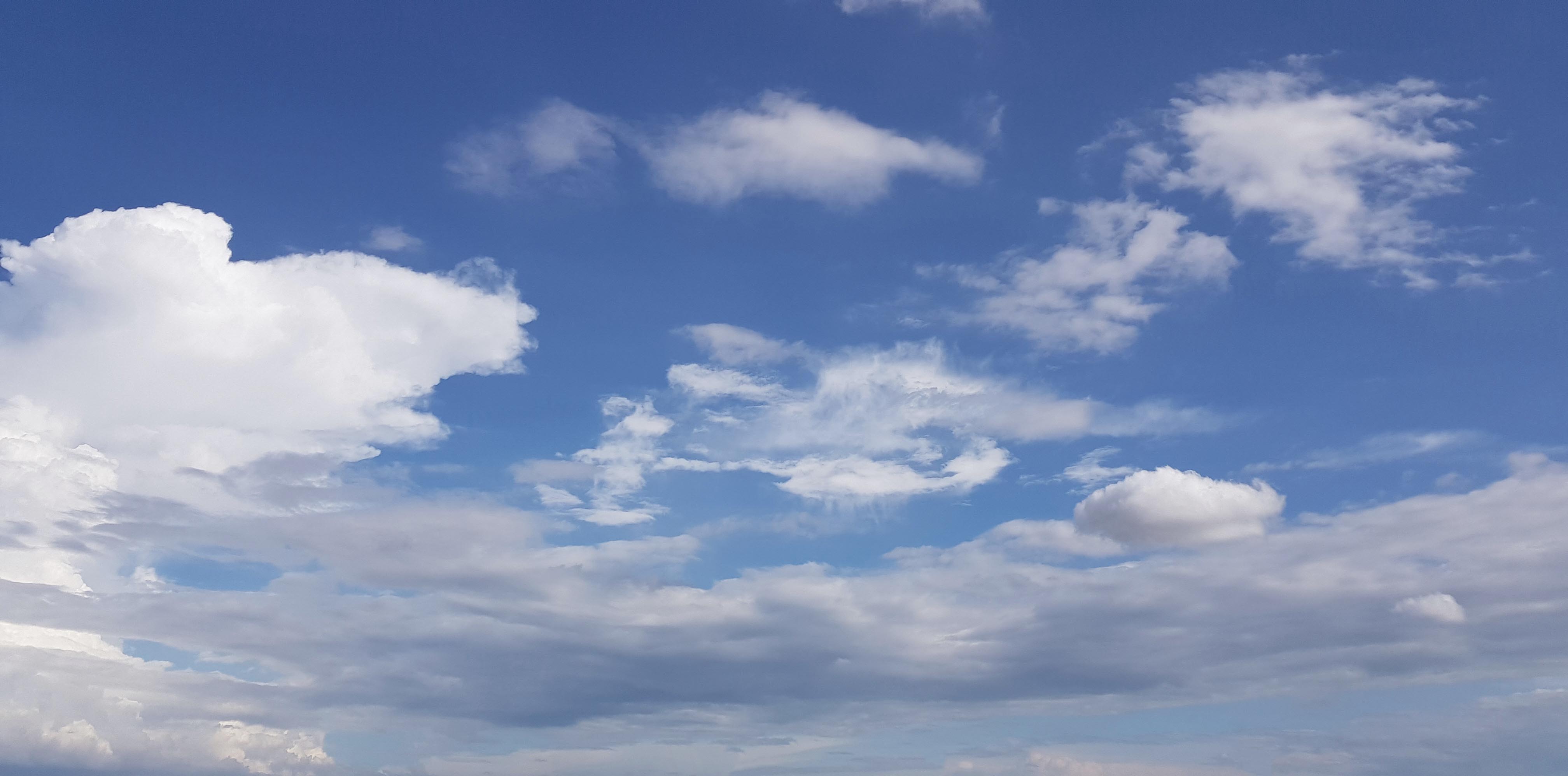Interviewee: Hank Willis Thomas
Background: Artist exhibited at the Guggenheim, MoMA, Whitney
Topic: Playing infinite games
Listen: On the web, Apple, Spotify, RSS
“A lot of people that I have come to admire are infinite game players stuck in a finite game… Playing outside of the rules of the game, and making up our own rules, but somehow still abiding by the boundaries of the finite game that our society has created for us.” — Hank Willis Thomas


